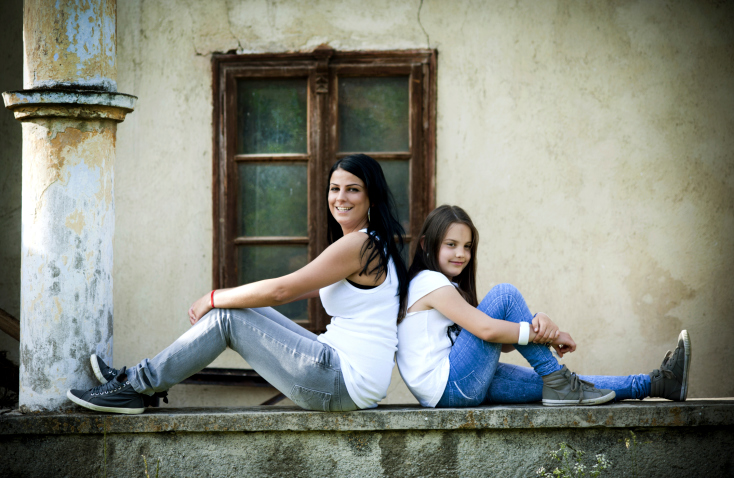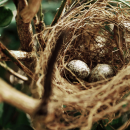How our mothers shape us into adulthood
In order to establish happy relationships in adult life, we need to untangle the emotional patterns passed down from our mothers

You may view your mother as a close friend and confidante, relying on her judgement and approval to maintain your self-esteem – or maybe you keep her at arm’s length to protect your independence and identity. Whether you feel close to your mother or not, this crucial bond will have an impact on all other relationships in your life.
Narcissistic mothers are often too overwhelmed by their own needs to pay attention or recognise their children’s needs. Daughters can often feel very negative as a result but, as Stephan Poulter, author of The Mother Factor (Prometheus Books, £17.99), says. ‘ Try to reflect on your mother’s style without feeling too critical of her. Developing insight is the only way to take ourselves beyond blame.’
In close relationships, there is often a key emotional issue that triggers anxiety and insecurity, re-activating childlike responses that can feel irrational and overwhelming. ‘Whenever I feel my partner trying to manage me or attempt to organise my life my response is irrationally extreme,’ says Anne, 35, a full-time mother. ‘He’ll always say, “I’m only trying to help; I’m not your mother” and that’s when the penny drops. My reaction isn’t really about him at all.’
‘My mother found it difficult to let me explore, be myself and take risks,’ she adds. ‘So if anyone tries to hem me in, it pushes a button.’
‘When these emotional triggers are set off, try to take a step back,' advises relationship psychologist Jacqui Marson. ‘Think about what you’re projecting onto your partner and be aware that these feelings are based on childlike notions of feeling powerless, thwarted or criticised. Being able to take a dispassionate view of these patterns is an important beginning.’
When daughters become mothers themselves, they tend to either emulate their mother’s style of parenting or react against it. Yet there are dangers in reacting strongly in the opposite direction, says psychologist Dr Rebecca Mcguire-Snieckus.‘If, for example, your own mother was always highly judgemental, and you go the other way and never criticise your child, it’s just as unhelpful for her self-esteem. Be more mindful and try to find a middle point.’









